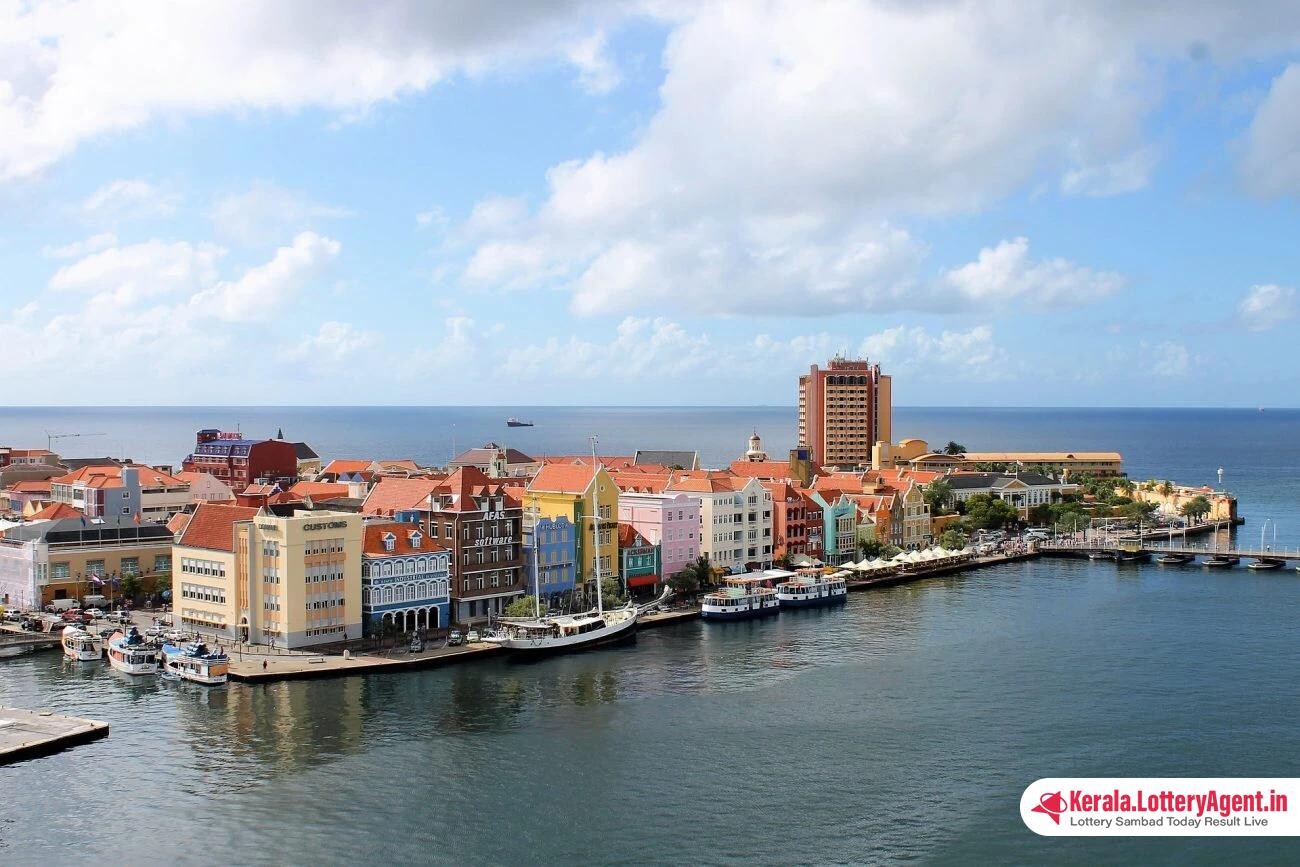
In a significant shift for the gambling industry within Curaçao, all operators aiming to maintain a presence in the island’s gaming market are faced with a crucial deadline. According to the guidelines issued by the local authorities, they must complete registrations under the existing National Ordinance on Offshore Games of Hazard (NOOGH) before the end of March 2023. Post this date, the opportunity to apply for direct licenses under the current legislation will no longer be available.
At the heart of this deadline is the anticipation of the new National Ordinance for Games of Chance (LOK), which is currently in the pipeline within Curaçao’s legislative body. It is expected to usher in a transformative phase for Curaçao’s gambling landscape. Once effective, the Curaçao Gaming Authority (CGA) will assume regulatory control, and all subsequent licensing will be processed under its oversight.
To facilitate this imminent transition, the Curaçao Gaming Control Board (GCB) disseminated detailed guidelines through a comprehensive nine-page document released on 13 March. The document, which delineates the licence application protocol, is divided into six sections encompassing various aspects such as required forms and supporting documentation.
For an application to be considered duly submitted, it must comprise three complete elements: the online gaming application form, the personal history disclosure form, and the corporate and business information form. Furthermore, where additional documentation, like police conduct reports, are necessary but not immediately procurable, operators are expected to demonstrate that steps have been taken to secure them by the 31 March threshold.
This deadline also imposes significant responsibilities on master licensors. They are required to ensure that registrations for all their sub-licensees and associated domains are in order. However, it is important to note that new applications emanating from entities that are neither existing sublicensees nor master licensees will become feasible once the LOK is enacted—even beyond the deadline.
A clear set of guidelines is a strategic move to counter misinformation that has surrounded the LOK’s process. Curaçao’s finance minister, Javier Silvania, has previously denounced instances of misinformation, particularly refuting incorrect claims that the LOK had been rejected by the parliament. Evidently, the minister emphasized the importance of relying on official communications from the Ministry of Finance or the GCB for accurate information.
The gravity of the 31 March date was accentuated by Cedric Pietersz, the GCB managing director, during ICE London, a major gaming industry event held the previous month. He illustrated a scenario where operators holding a sub-license under a master license expiring later in the year must act promptly or risk illegal operation post the master license’s expiration. Pietersz highlighted the pertinence of adhering to the LOK’s enactment timeline.
Preparations for the LOK’s anticipated implementation commenced in September of the previous year, with the GCB opening its doors to application submissions through an online platform. The months following saw a concerted effort to showcase the benefits of the LOK. Minister Silvania spoke to its potential in shielding against grey-listing, by endorsing legitimate operations and upgrading the island’s Anti-Money Laundering (AML) and Know Your Customer (KYC) protocols. The minister also delineated the structure of licence fees and reaffirmed the essentiality of the ordinance in a parliamentary session.
In summary, as 31 March approaches, gambling operators in Curaçao are at a critical juncture. Those who navigate the registration process successfully will secure their business continuity, while those who do not will face the risk of running afoul of future regulatory requirements under the impending LOK regime.












